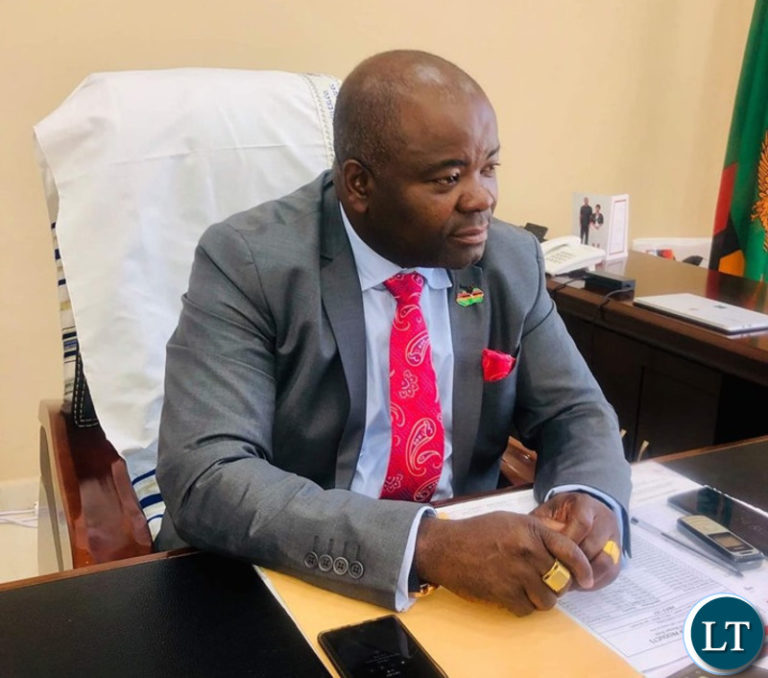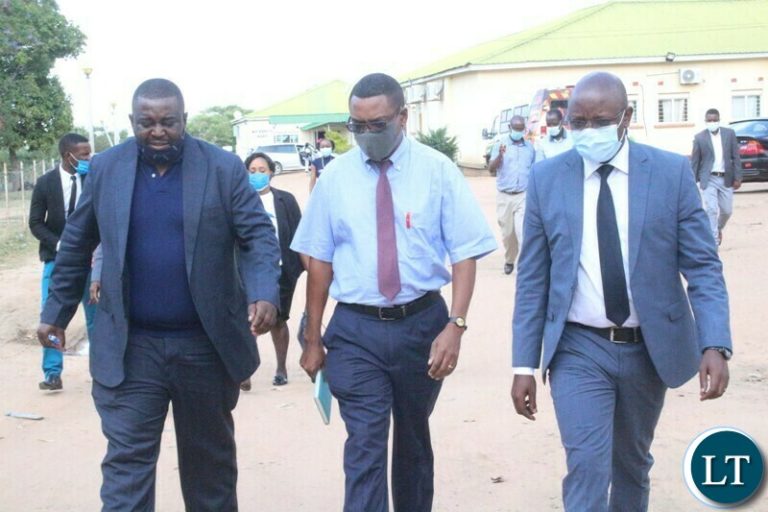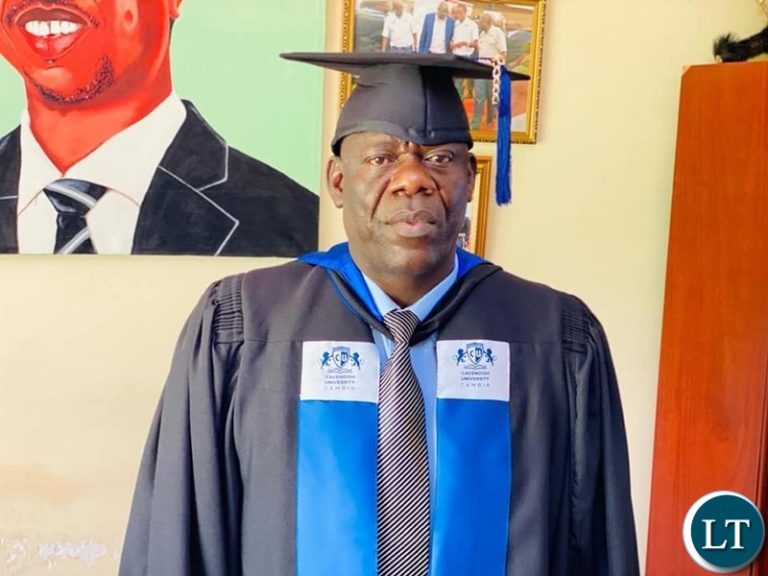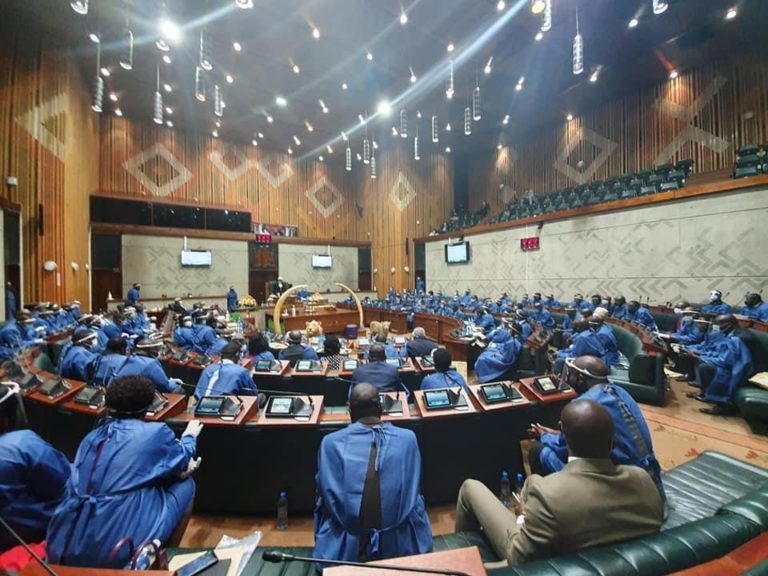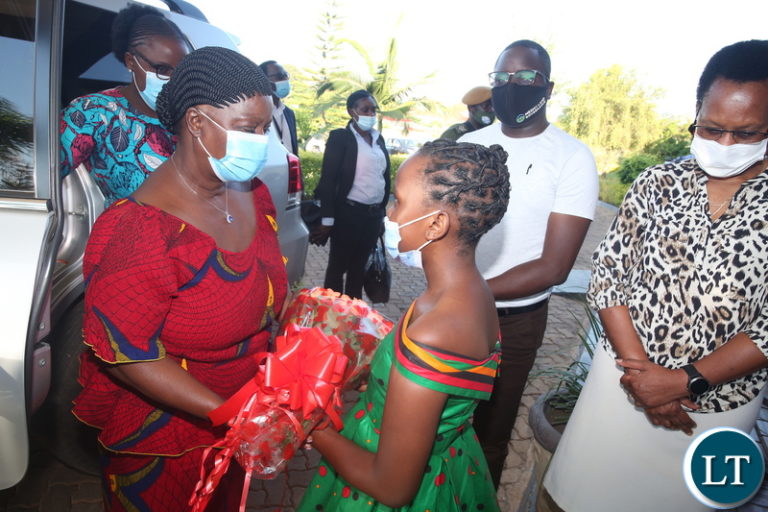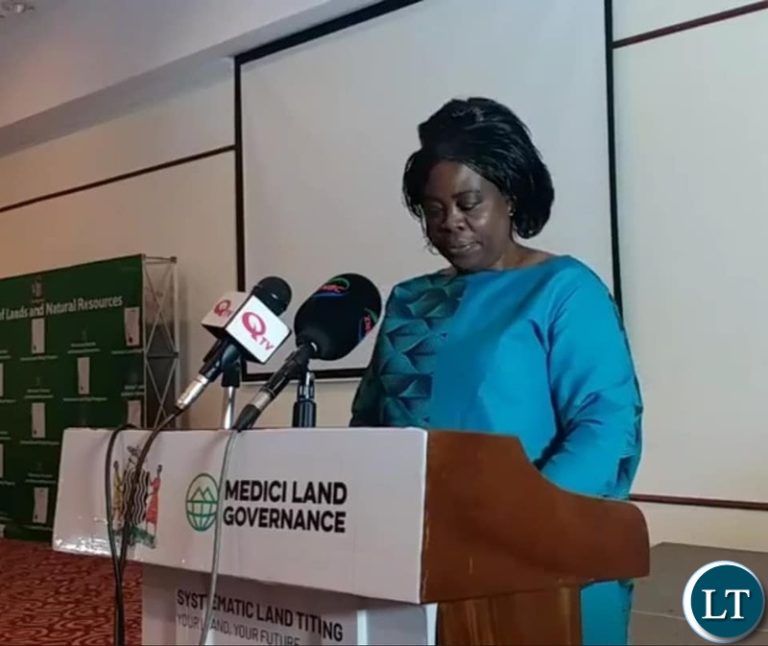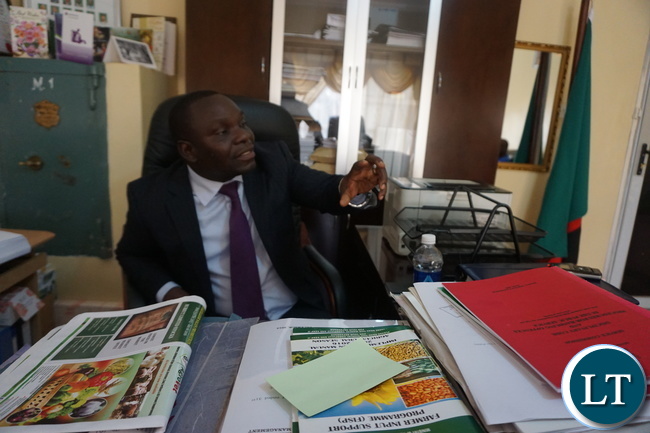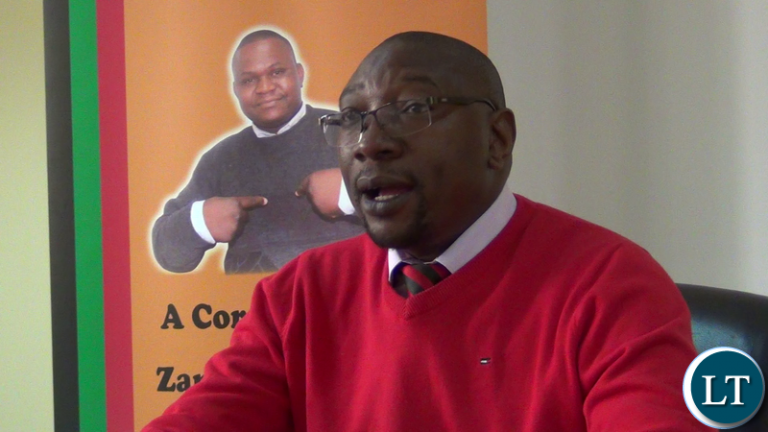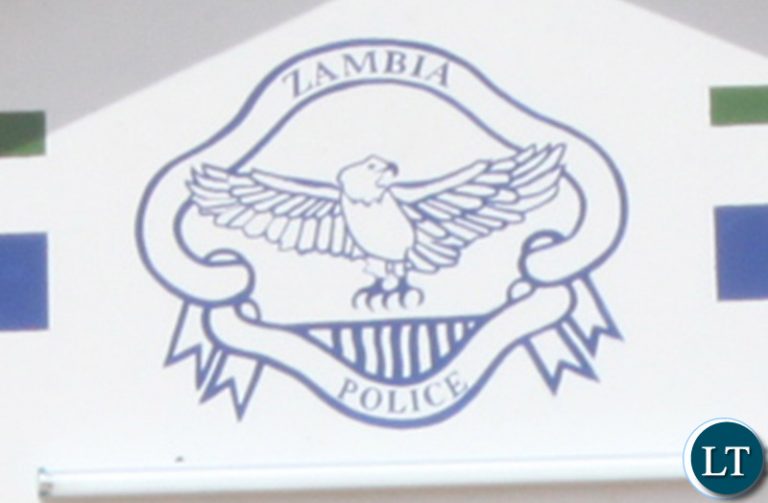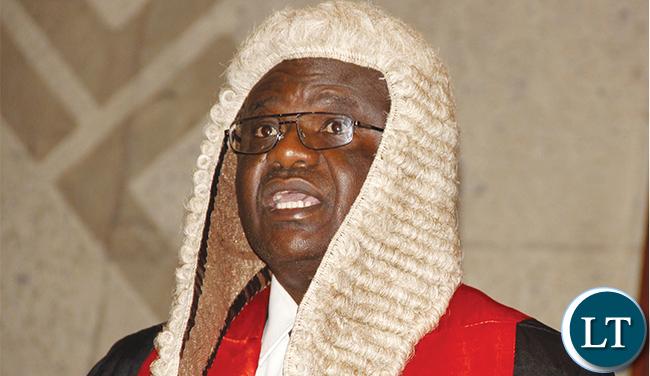Pretoria – Prophet Shepherd Bushiri and his wife Mary have been barred from any preaching that may be threatening to the prosecution, investigating team or State witnesses.
In clarifying the bail conditions, the National Prosecution Authority explained that the Pretoria-based Malawian couple may not make threats to the prosecution, investigating team or State witnesses for the duration of their case.
Should Bushiri defy the order, even virtually on social media, he and his wife will be risking having their bail revoked. The pair were granted bail in the Pretoria Magistrate’s Court yesterday after spending almost two weeks behind bars.
Magistrate Thandi Theledi made the court order and detailed further conditions the pair and their co-accused should adhere to.
Two of their co-accused – Zethu Mudolo and Landiwe Ntlokwana Sindani – were also granted bail, also with strict conditions attached.
Theledi granted the head of the Enlightened Christian Gathering (ECG) and his wife R200?000 each, while Ntlokwana Sindani was released on R100?000 bail. The wife of first accused Willah Mudolo – Zethu Mudolo – was granted R20?000 bail.
Her husband’s legal representative, following the outcome of the bail applications, indicated to the courts that he would be applying for bail at a session scheduled for tomorrow.
Theledi, in granting bail, said it should not be presumed that the accused were not guilty, and added that bail was a means of ensuring the accused did not abscond from attending their trial.
She indicated that with regards to Zethu Mudolo it should be noted that she had no previous cases or matters pending against her, had two minor children to take care of – one of which was a 9-month-old daughter who was still breast-feeding and had a medical condition.
Additional bail conditions are for all the accused to report to their nearest police station on Mondays and Fridays between 6am and 6pm.
They were not allowed to apply for any travel documents, while Bushiri and his wife were only allowed to travel within the borders of Gauteng and North West.
Theledi also stressed that they were not to intimidate or interfere with State witnesses directly or indirectly.
As a final precautionary measure, the couple were instructed to hand the original title deed to their Centurion property, worth R5.5?million, to the National Prosecuting Authority’s Forfeiture Unit for safekeeping and to ensure they would attend trial proceedings.
Theledi indicated that absconding from trial proceedings would result in Bushiri and his wife forfeiting the property to the State.
They were to hand over the title deed by 6pm today, failing which their bail would also be revoked.
Cheers of excitement, dancing, and chanting of the prophet’s name could be heard outside as church members celebrated their release out on bail. Many refused to speak to the media and were told to tune into the Prophetic Channel and other social media pages by church leaders as they indicated that Bushiri would address them there.
The five accused are facing charges of fraud, theft and money laundering, which allegedly took place between 2017 and last year.
It is alleged the accused coerced members of the church into an investment opportunity within Shepherd Bushiri Investments and Rising Estates, which would yield 50% in returns within just three months. All the accused are to return to court tomorrow for the bail application of Mudolo.
Pretoria News


